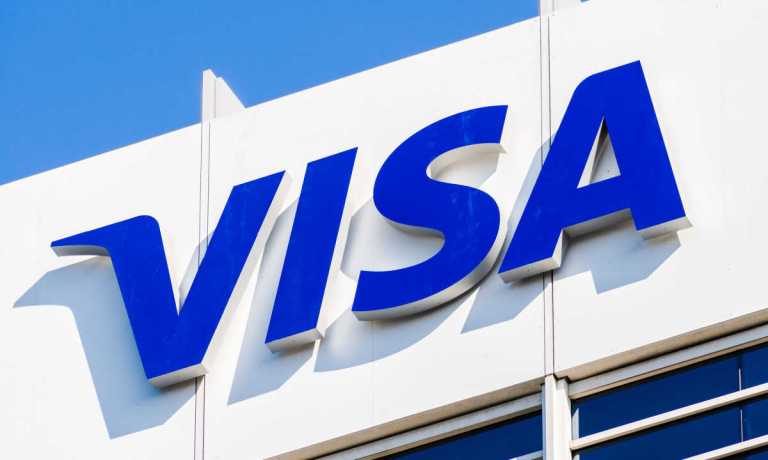FreedomPay to Integrate Visa’s Network Tokenization Capabilities

FreedomPay will integrate Visa’s network tokenization capabilities with its own global identity and tokenization framework.
This integration will enable network tokens across card brands, help merchants remain compliant with data and privacy regulations, and allow them to qualify for lower interchange rates for some transactions, the companies said in a Thursday (June 22) press release.
“By partnering with Visa for network tokenization, FreedomPay will provide merchants with more flexibility and geographic coverage, including in harder-to-access regions, when managing customer and card data,” FreedomPay Chief Technology Officer David Knowlton said in the release.
The new omnichannel global tokenization product resulting from this partnership will also provide customers with a seamless experience across borders and merchant locations, according to the release.
With these new capabilities integrated into FreedomPay’s identity suite, merchants will be able to offer their customers a more personalized checkout experience, loyalty and incentives, the release said.
“With the growing number of connected devices, changing consumer behaviors and shifting privacy regulations, the benefits of utilizing network tokens are many,” Bill Dobbins, senior vice president and head of acquiring and enablement at Visa, said in the release. “Using the Visa Acceptance Platform, Visa has the scale and flexibility to seamlessly provision them for FreedomPay’s clients around the globe, helping to improve customer experience, improve authorization rates and reduce fraud.”
PYMNTS research has found that network tokenization supports merchants in retaining transactions and protecting lifetime customer value because the underlying network token can be used to transact independently from the underlying payment account number (PAN) of the credit card.
The network token can then transact independently of the underlying PAN, reducing the reliance on manual updates to card information by customers, increasing throughput and lowering processing costs, according to “The Age of the Payments Vault: Adding Value to Security,” the June edition of the “Payments Orchestration Tracker®,” a PYMNTS and Spreedly collaboration.
Vaulting and tokenization can keep customers loyal to merchants by preventing recurring payments from being interrupted, Spreedly Vice President of Product Joe Meuse told PYMNTS in an interview posted in May.
This approach “is about making sure that the card is always available for transactions whenever the payer is ready to make a payment,” Meuse said.
Visa reported in April that it now has 6 billion tokenized credentials in place, up 90% from a year earlier.